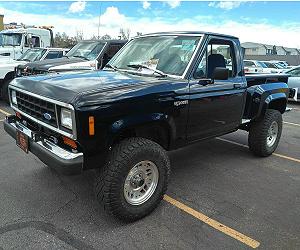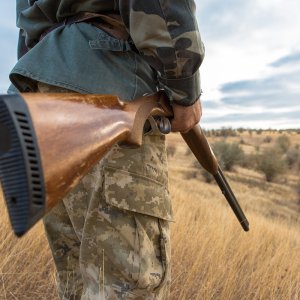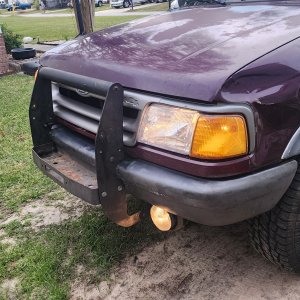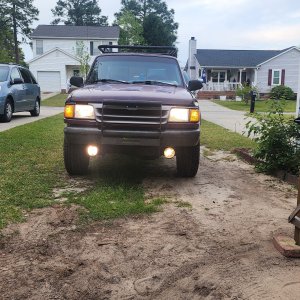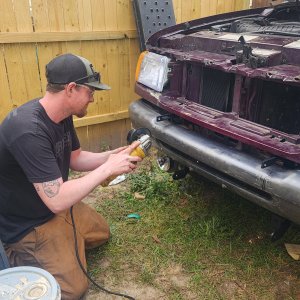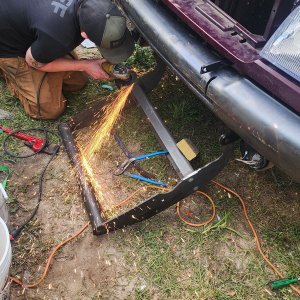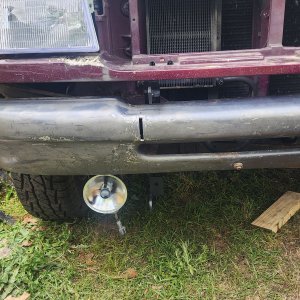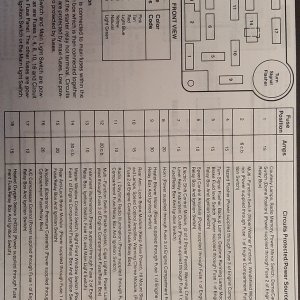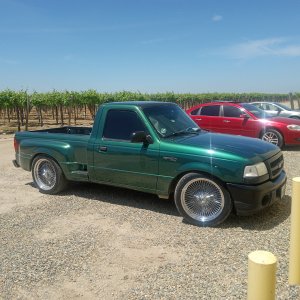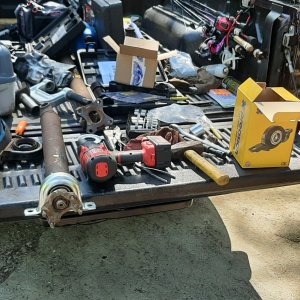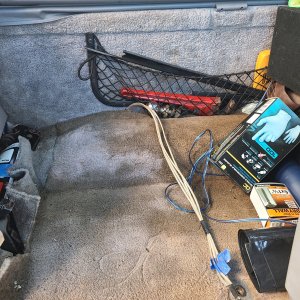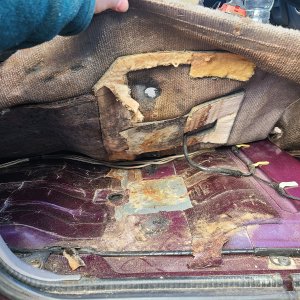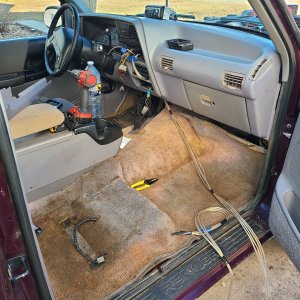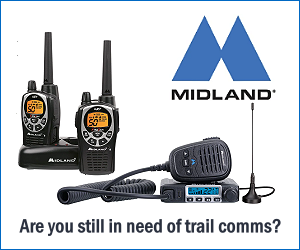There are a couple things;
1. Improved braking:
As
@rubydist alludes, Mustang discs aren't really upgrade - they both will just barely lock up rear wheels when you stomp on the pedal.
They are upgrade in so much as they work more reliably - most people don't do any maintenance on their drum brakes and as result they aren't working. Functioning discs are much better than non-functioning drums.
The Mustang calipers were designed to engage the parking brakes using arm strength. On Ranger, you would set up the parking brake to be foot activated. For most people their legs are much stronger. So, parking brake function works much better on Mustang brakes.
On other hand, Explorer discs ('95-02 Explorer axle swap) are a significant upgrade
Rotors are 1-5/8" larger diameter than Mustang V6 ones (same diameter as the GT rotors)
Calipers pistons are much larger (48mm vs 38mm) <- This is real upgrade (60% more pressure)
2. Pad wear
Drum brakes have a couple substantial springs to pull shoes off the drum. As a result, there is a pressure valve in the line to keep 10psi on the line (prevents the shoes from completely retracting, so brakes come on sooner). Disc brakes don't have the same springs, so don't need the same pressure - stock setup for discs is 2 psi.
If you don't pull the pressure relief, your pads will wear like crazy. (In many 30 year old vehicles the spring is shot, so doesn't keep pressure in the line, which contributes to drum brakes no working like they should)
The engagement of the parking brake "adjusts" the pads on the caliper. As the parking brake is applied with more (too much) force in Ranger set up, the pads tend to have to "wear" a little each time they are applied before they completely release. More so if they were engaged....firmly. Again contributing to pad wear. My son had issues with pad wear in his Mustang as he overly engaged parking brake, but then he is very big boy.
The Explorer disc brake set up uses a "drum in hat" of the rotor solution. This was designed to be used with the same foot pedal as the Ranger. So, it...sort of works (about same as your Ranger parking brake worked).
With '94, you might not be using Explorer as donor for the V-8. Otherwise I'd be pointing out you would be getting Explorer brakes as part of the swap.

